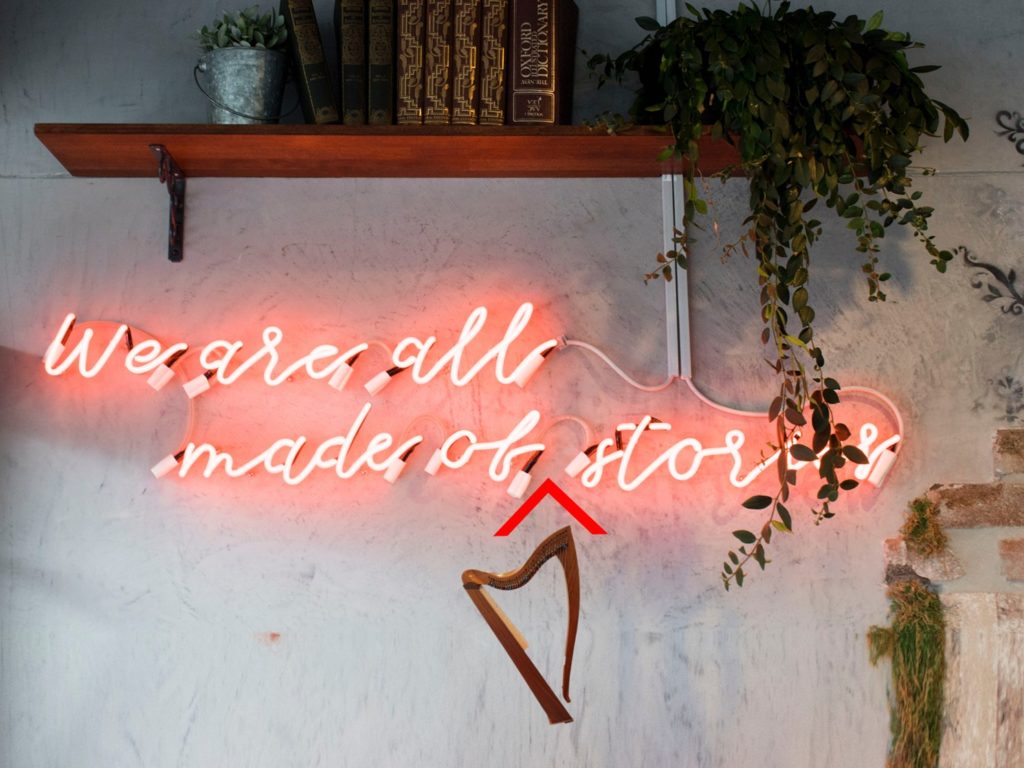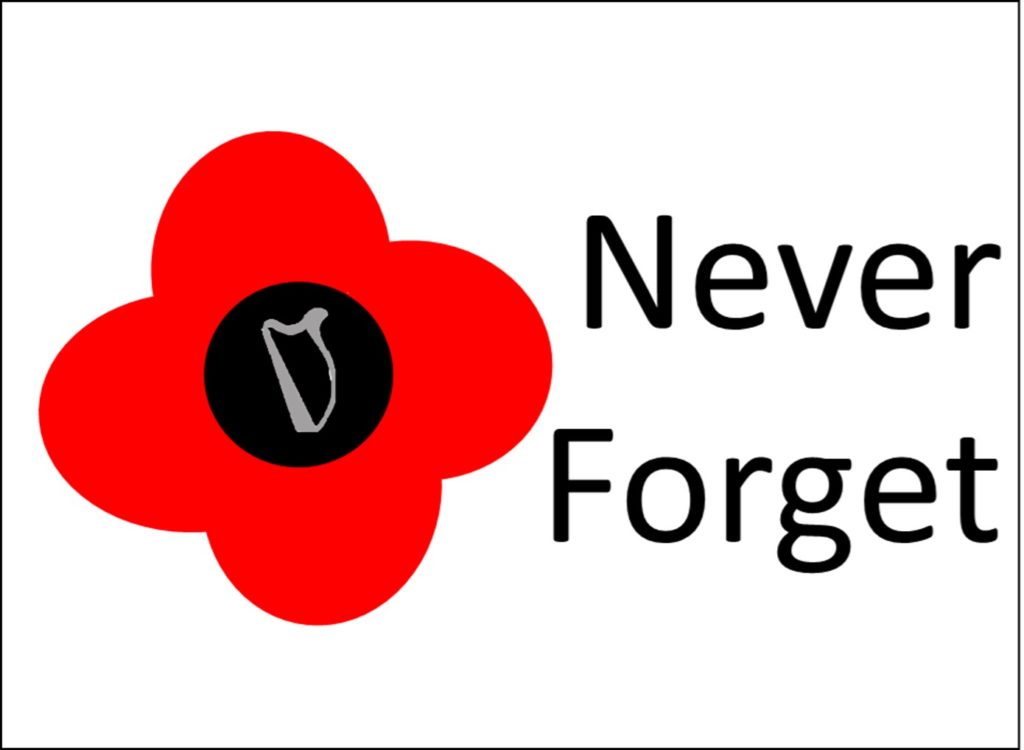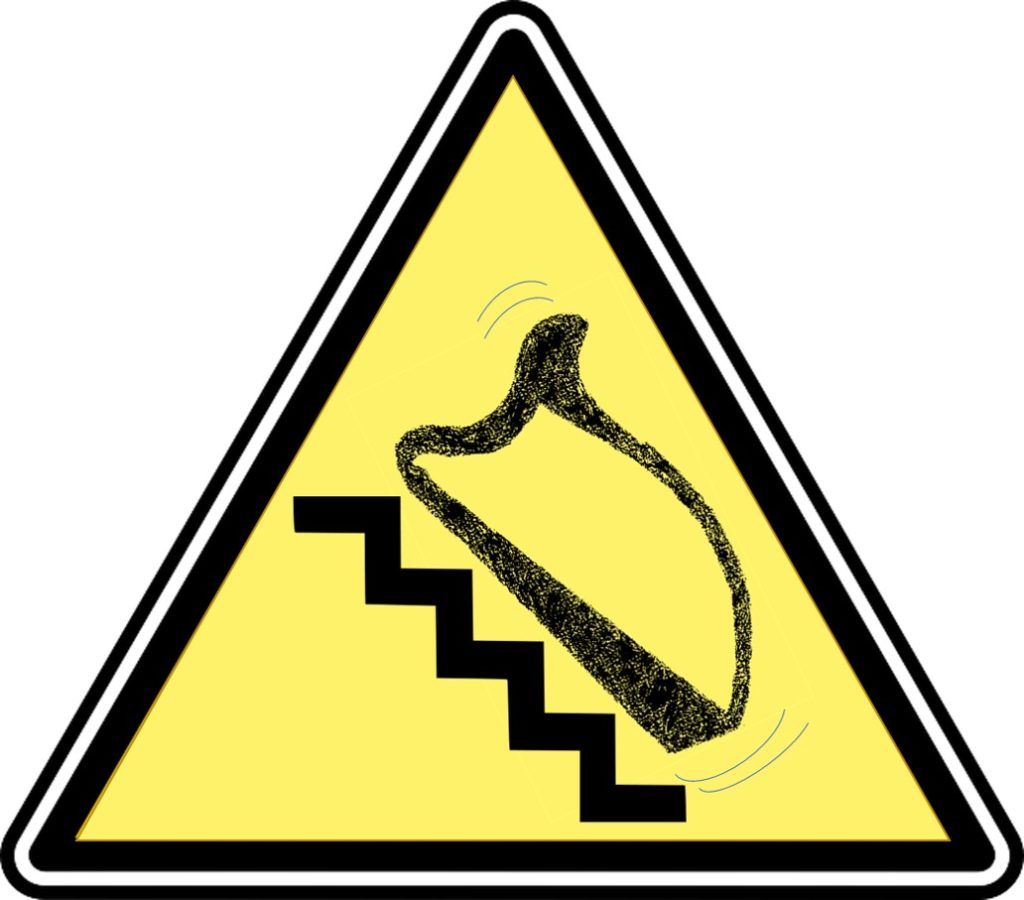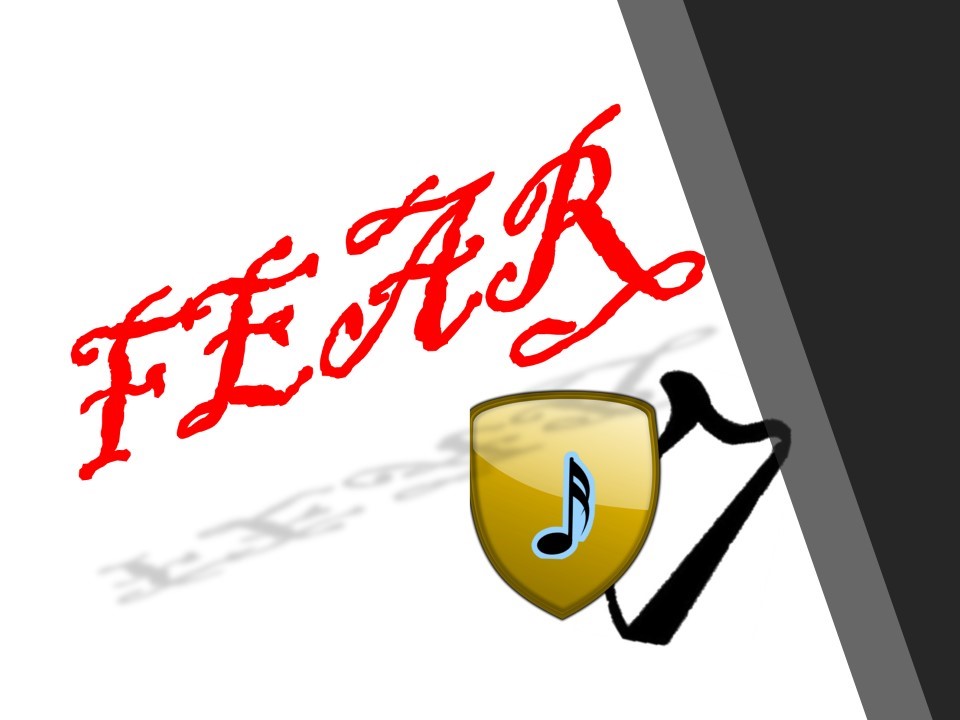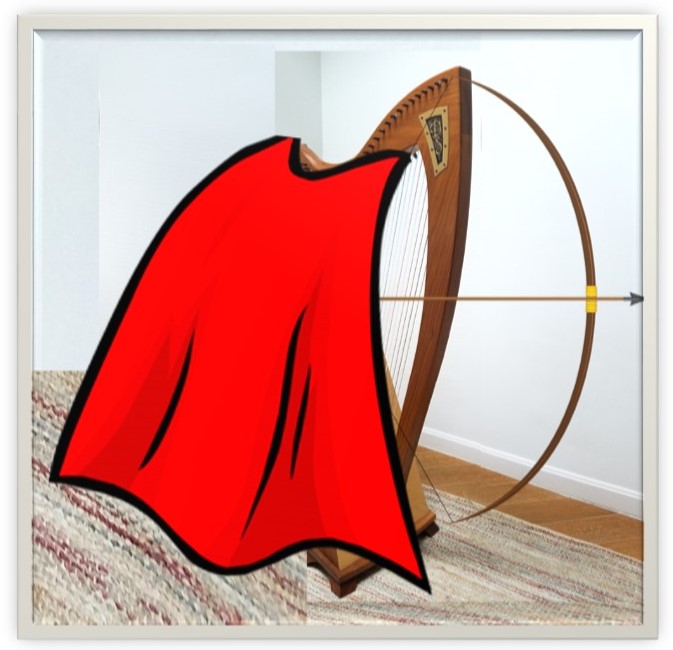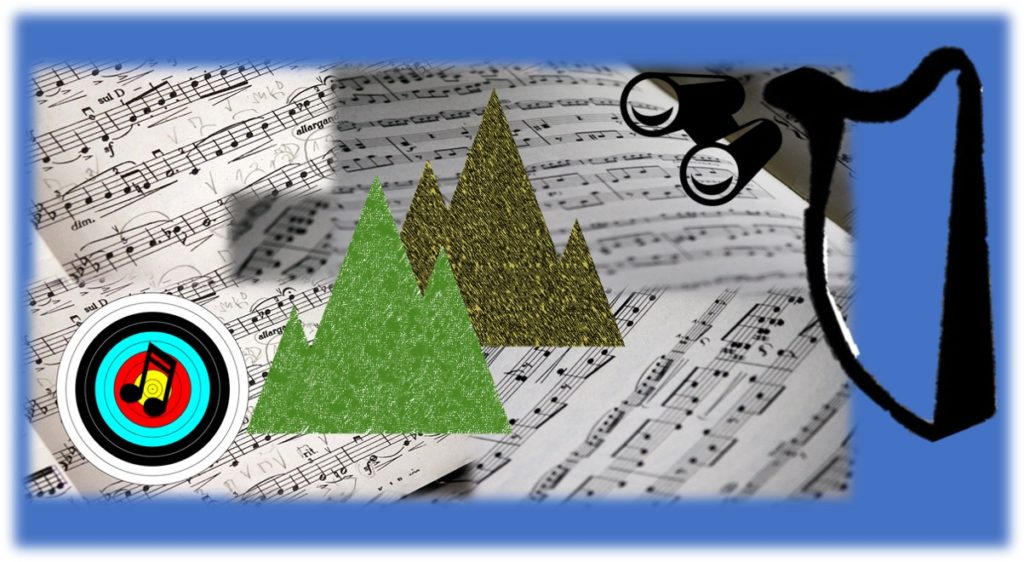Playing the harp is more challenging than it looks. You already know that. That’s why we work hard during practices. It’s why we try to practice regularly – so that we enjoy small, incremental improvements each day. And this is one reason I’m always suggesting that we track our progress – to acknowledge, accept, and grow from that practice.
Practicing certainly gives us a way to work on the technical aspects of playing, but there is so much more to playing – things that go beyond the technical. However, to get to those things we sometimes need to get out of our own way.
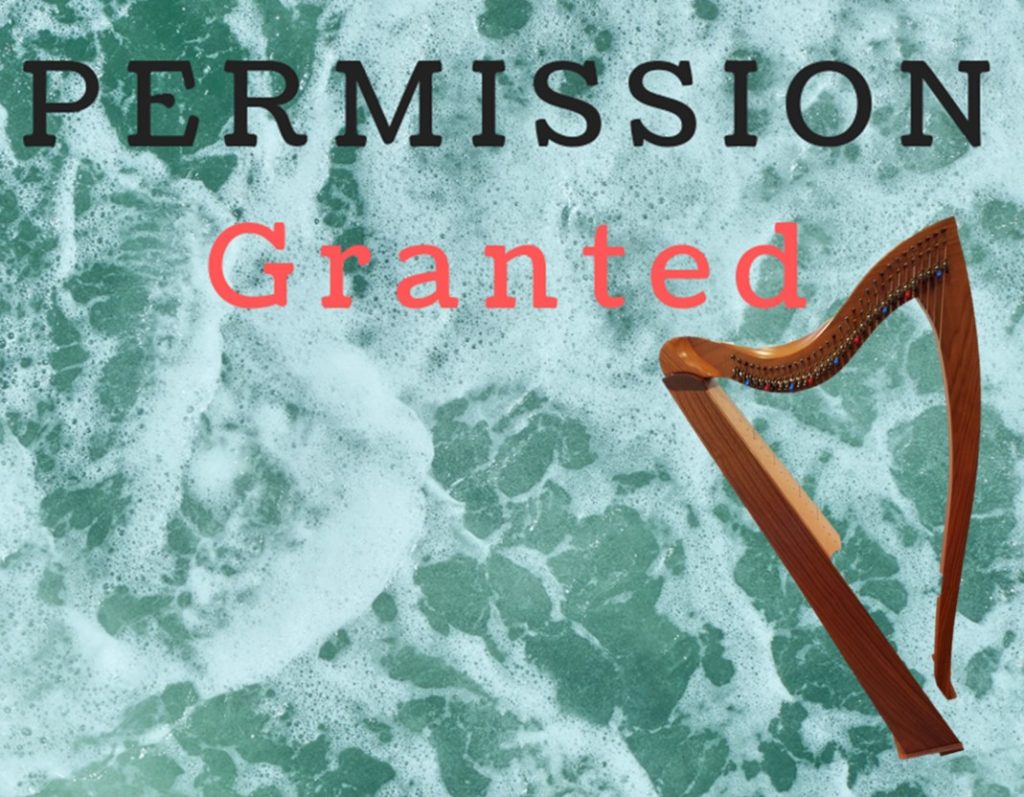 So, how do we do that? We start by giving ourselves permission. Permission for lots of things. But mostly, you have to give yourself permission to be YOU!
So, how do we do that? We start by giving ourselves permission. Permission for lots of things. But mostly, you have to give yourself permission to be YOU!
Here are 20 types of permission you might consider giving yourself:
- Permission to fail. It happens. Actually, if you’re learning, you’ll fail a lot on the way. But if you refuse yourself the opportunity to fail, you won’t learn…and that would be a shame.
- Permission to be silly. There is so much seriousness in music, but a little silly will probably help you enjoy more.
- Permission to give it rest. Sometimes you need to percolate – and taking a little break will give you the option to do just that.
- Permission to be as good as you are (and no better). You are where you are. Be there.
- Permission to work on just one thing (until you get it right). Sometimes we think we have to master everything, all at once. But this doesn’t really do much except frustrate you.
- Permission to do scary things. When you scare yourself, you learnt that it didn’t kill you to try something new. We’re usually most scared that we will embarrass ourselves – you’re going to embarrass yourself one way or another, so embarrass yourself your own way!
- Permission to get out there and share. We often huddle in the safe cocoon of our harp room at home. But the music is best shared – so get out there!
- Permission to fail again (and again and again and again). You can’t just stop at one failure – do it over and over and over – and each time you’ll learn more that you can apply to the next failure.
- Permission to make art in multiple ways. This can be as small as playing a new kind of music or as big as learning to sculpt or paint or write. All your art will work to help you in the others.
- Permission to create “first drafts” (and second and third and on and on as needed). You know that what you see on stage or on YouTube is not spontaneous, right? So why do you expect your initial efforts to be performance ready? Think of the pre-work as your “drafts” that you will continue to refine and develop – until they are ready to share.
- Permission to have fun. Ok, this is pretty self-explanatory!
- Permission to laugh at yourself. No really, you should be able to laugh at yourself. Keep it light – it’s not rocket surgery after all.
- Permission to expect more from yourself. You don’t have to be content with your lot – you can want more (as long as you’re willing to work for it).
- Permission to be good at some things, not good at some others, and even to be terrible at a few. Here’s an example – I’m good at playing the harp, I’m not as good at cooking and I’m terrible at gardening. I’m ok with that – I allocate my time and resources accordingly (e.g., I practice for hours, I heat soup for dinner, and I pay a kid in the neighborhood to tend the garden – that’s that sorted!).
- Permission to practice as much as you need – and no more. I know some of you struggle to get your butt on the bench, but others spend too much time there – practice while it’s productive, and then go do something else. Got a deadline? Try a little practice multiple times in the day.
- Permission to be happy with where you are. This might seem counterintuitive (or counter to development) but it’s not – you are where you are. Be there. Right then. Realize too that time is a river – there is only constant change and you are changing when you are where you are – give yourself permission to accept that.
- Permission to want more. You think I’m contradicting myself – but remember I said there is constant change – if you want more, want it – and work for it!
- Permission to change your mind. Playing classical music and tired of it? Trapped in session tunes but longing for something more “substantial”? OK. It’s ok to change your mind about what you want to play. Just do it.
- Permission to keep track of what you are doing…and what you want to do next. However, you need to – keep track in your own way and build on that.
- Permission to spend your valuable time doing what you love. After all, time may be your most precious commodity – so spend the time you have doing what you love.
There are plenty of permissions to give yourself. What other ones do you give yourself (or do you need to give yourself)? Share that in the comments!
